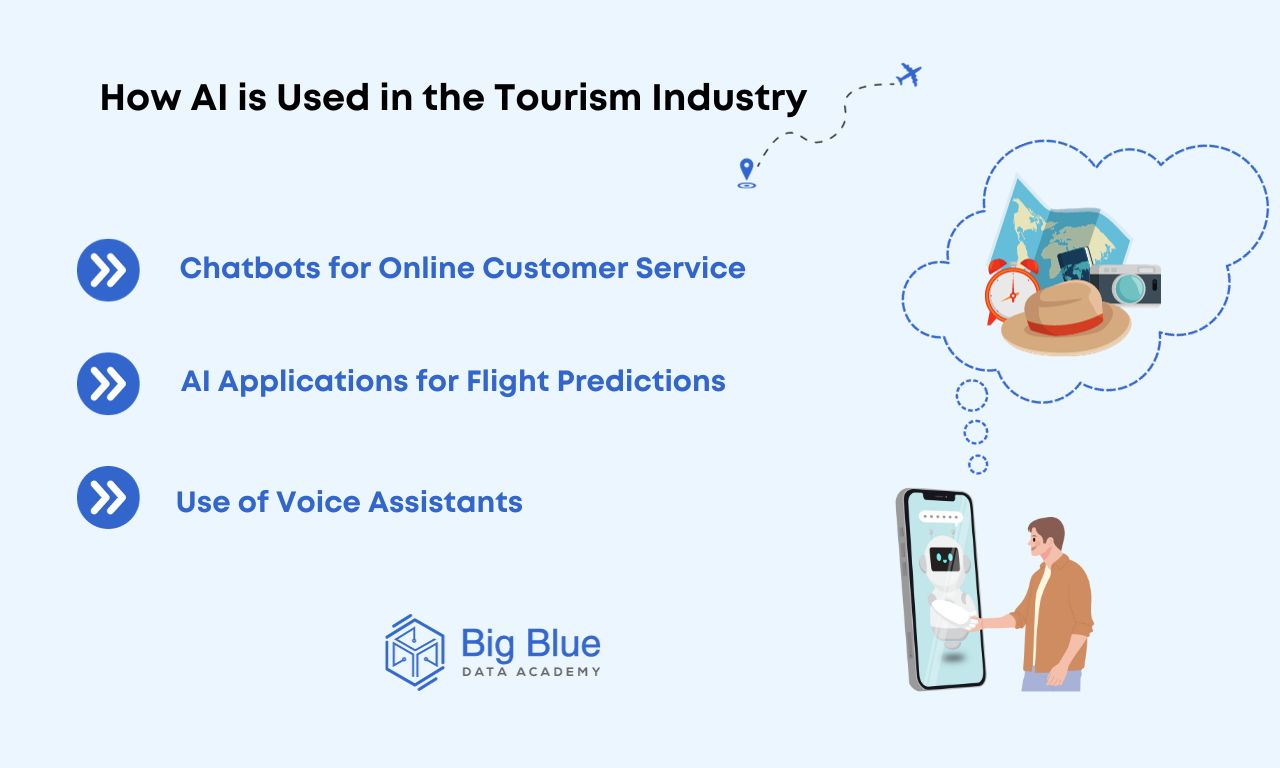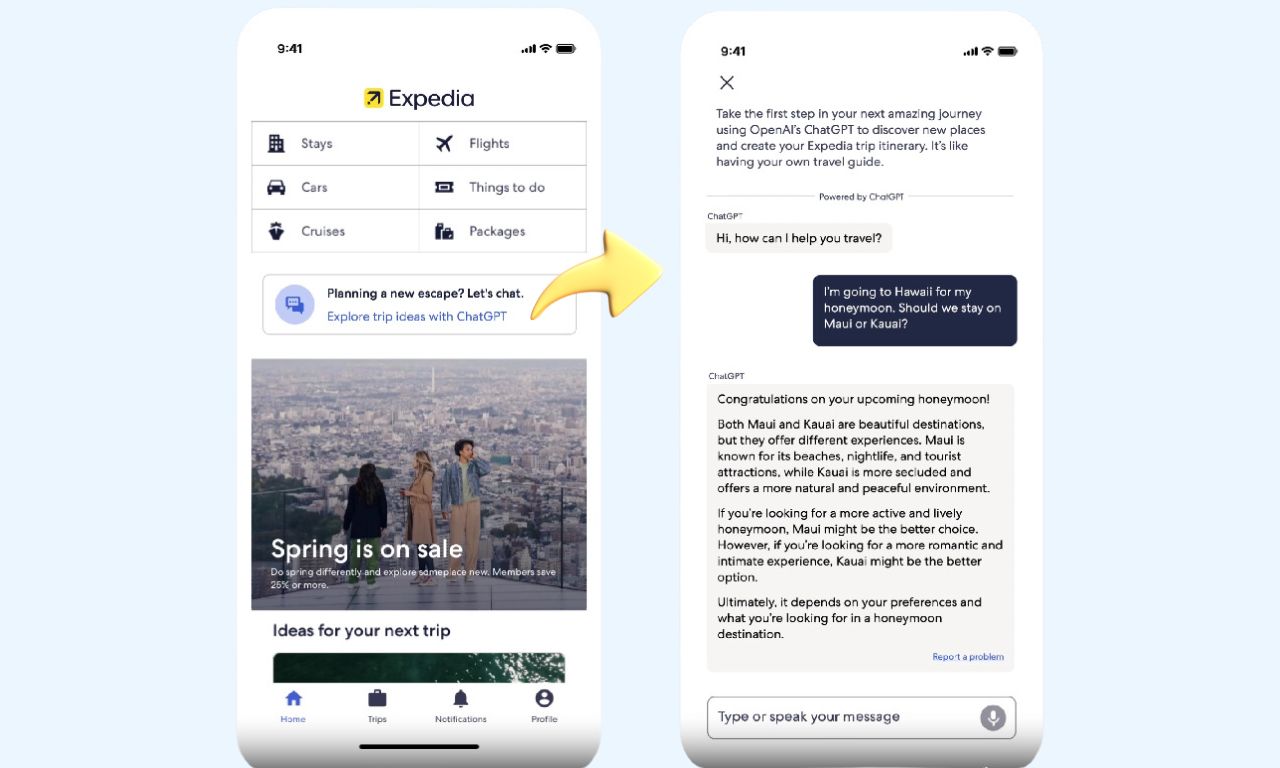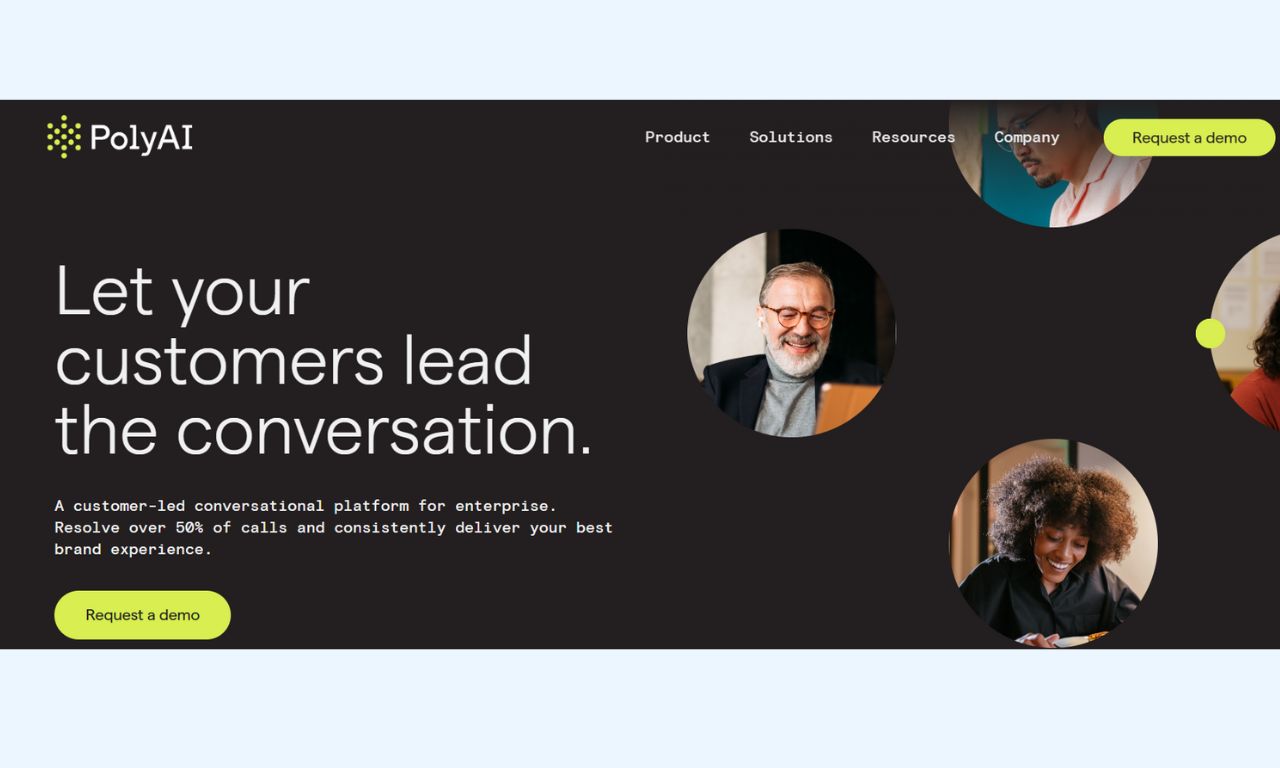How AI is Used in the Tourism Industry
Artificial intelligence is advancing and evolving at a rapid pace, bringing a revolution to many industries, including tourism.
The tourism industry has been gradually adopting AI for better and immediate customer service, saving valuable time and money.
Since tourism is a source of income and development for many countries, the use of AI has elevated prosperity and profitability.
In today's guide, we will explore in detail:
- Why AI is invaluable in the tourism industry
- How AI is applied in the tourism industry
- Some basic examples
Let's start with the fundamentals.
What is AI in Tourism, and Why is it Important?
Artificial intelligence in tourism essentially involves using AI and its various techniques across the entire tourism industry, including hotels, airlines, and ferry companies.
More and more hospitality service providers are relying on AI-supported tools to enhance customer experiences, stand out from the competition, and maximize their profits.
The capability of artificial intelligence to perform tasks that previously required exclusive human participation and cognitive function offers various benefits, reducing the likelihood of errors and simultaneously automating repetitive processes.
Thanks to AI, service personalization is enhanced, and customer waiting times are significantly reduced.
According to Statista, a survey involving companies with revenues exceeding one billion dollars explored the share of travel companies' revenues positively affected by artificial intelligence globally in 2018 and 2021.
The findings showed that around 21% of the surveyed companies' revenues in the tourism sector were positively impacted by AI in 2021.
The prediction for 2024 is an increase in the revenue share to 32%.
This implies that, by 2024, sales of travel companies completed through AI insights are expected to represent almost one-third of these businesses' total revenues!
Now, let's look at how artificial intelligence is used in tourism.
How is Artificial Intelligence Applied in Tourism?
Artificial intelligence is applied in various ways in the tourism industry.

Here are some fundamental ways it can be implemented:
Chatbots for Online Customer Service
One of the most significant uses of artificial intelligence in tourism is providing assistance and service to customers online.
Chatbots have been widely adopted for this purpose on social media platforms and instant messaging apps.
Major companies in the travel booking industry, such as Booking, Skyscanner, and Expedia, have implemented chatbots to enhance customer experiences.
Let’s take Expedia as an example.
Expedia announced in April 2023 the beta release of a new in-app travel planning experience supported by ChatGPT.

Expedia members can initiate a conversation within the app and receive suggestions regarding places to visit, accommodations, and attractions to better organize their trips.
AI Applications for Flight Predictions
Artificial intelligence in the tourism industry has significant applications in predicting flights.
By accessing large volumes of flight data and historical flight information, AI can provide valuable predictions and identify trends related to flight speed and duration.
This allows accurate predictions of flight arrivals and estimates of potential delays.
Forecasts can also be made to predict where airline prices are headed, so users know when it is best for them to purchase a ticket.
Companies like Hopper use machine learning algorithms for this purpose.
Their database uses historical flight values to guide predictions.
Use of Voice Assistants
Voice assistants are extensively used in hotel rooms, ships, and for airport security.
Leveraging natural language processing (NLP), they allow guests in hotels, for example, to ask questions or make requests and receive immediate responses 24/7.
An example is the PolyAI Voice Assistant.

Ramping Up
In conclusion, we have explored how artificial intelligence is applied in tourism, its significance, and provided some examples.
The field of artificial intelligence and data science is continually evolving at a rapid pace.
Therefore, businesses deciding to take the next step and turn to AI stand out from the competition and increase their profits.
If you are enthusiastic and want to learn more, you can follow us for more educational articles!


.jpg)